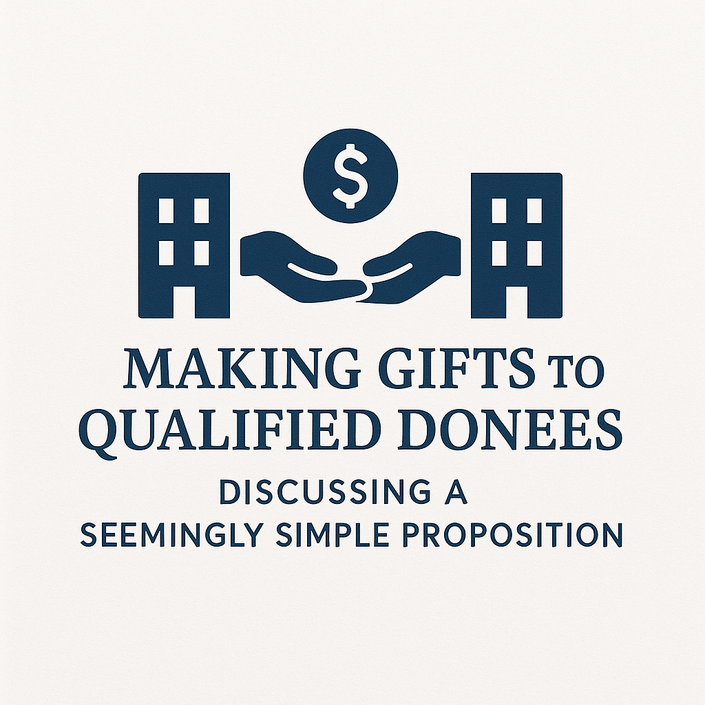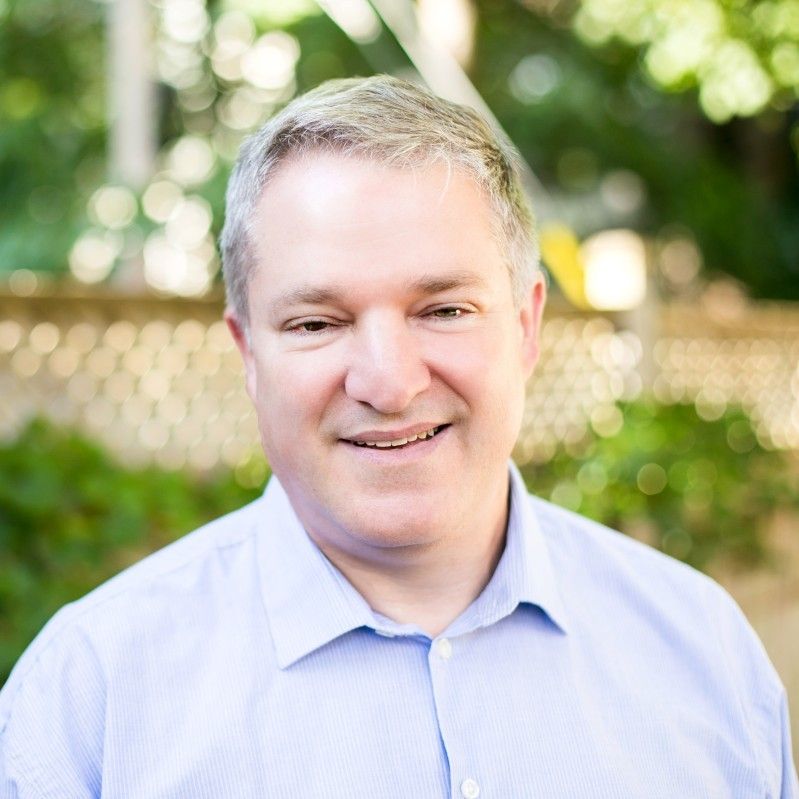
Making gifts to qualified donees: Discussing a seemingly simple proposition.
If your registered charity has a qualified donee clause this course is for you
Enroll in Course
Many Canadian charities have an object that allows them to make gifts to qualified donees. Some charities only have that object, and that is the only object they can use while others may have that object along with other objects. Some charities may not have a gifts to qualified donees object, but they still may be able to make gifts to qualified donees based on their other objects.
Having a gift to qualified donee clause can be a very powerful tool for grantmaking, and some charities use it to disburse tens of millions of dollars a year. It does, however, have a number of limitations if you are looking for flexibility and innovation.
While, in essence, making a gift to a qualified donee may seem like a simple proposition, there are actually a number of complexities and rules in this area. Furthermore, changes introduced to the Income Tax Act (Canada) in June 2022 make some gifts to qualified donees more complicated and potentially risky.
In this 1-hr course, we will discuss the following:
- Who should care about objects?
- Why even have a course on this?
- What is a gift to qualified donee clause?
- Statistics
- Charity Law Basics
- Designation – Private, Public and Charitable Org.
- Every charity is different
- Two Examples of Grantmaking
- What is a Qualified Donee?
- Legal Objects/Purposes
- Purposes vs. Activities
- Not all “gifts” to QDs are actually gifts
- How do you know if an organization is a qualified donee?
- Changes to objects when already registered charity
- Corporate Changes Such as ONCA
- Are your assets restricted?
- Disbursement Quota
- What are you spending money on?
- Anti-Avoidance and Designated Gifts
- Conduits
- Directed Donations
This course will be of interest to those who are involved with governance and grantmaking at Canadian registered charities, especially foundations that only have a qualified donee object.
It will also be of help to professional advisors, such as lawyers, accountants, investment advisors, and others who work with Canadian registered charities and want to understand their regulatory obligations as it relates to grantmaking and making gifts to qualified donees.
Your Instructor

Mark Blumberg is a lawyer at the law firm Blumbergs Professional Corporation (Blumbergs) in Toronto and works almost exclusively advising non-profits and registered charities on their work in Canada and abroad. Mark has written numerous articles, is a frequent speaker on legal issues involving charity and not-for-profit law. He is the editor of a blog, www.CanadianCharityLaw.ca, and created the largest portal of data on the Canadian charity sector, www.CharityData.ca Mark also edits www.SmartGiving.ca, which provides information on due diligence when selecting charities.
Mark is particularly interested in the regulation of non-profits and charities in Canada, philanthropy, transparency requirements for the voluntary sector, providing accessible information on regulatory issues, and the use of data to make more informed decisions on the charity sector.
Mark is quoted regularly in print media and frequently appears on radio and television on topics relating to philanthropy and the regulation of charities in Canada. Mark has also appeared on a number of occasions in front of the House of Commons Standing Committee on Finance on topics such as charity regulation, transparency, accountability and tax incentives for philanthropy. Mark has testified at the Special Senate Committee on the Charitable Sector, the Standing Senate Committee on National Finance and the House Committee on Access to Information, Privacy and Ethics.
Mark has also made presentations to the Charities Directorate Annual All Staff Meeting as well the Annual Divisional Staff Meeting of the Determinations Section of Charities Directorate. Mark presented to the Financial Action Task Force (FATF) when the FATF conducted an evaluation of anti-money laundering and counter-terrorism in Canada in 2015.
Mark sat for 4 years on the Charities Directorate Technical Issues Working Group, which is a bi-annual meeting between the Charities Directorate, the Department of Finance and the charity sector to discuss technical and policy issues pertaining to registered charities and the Income Tax Act (Canada). Mark is a member of the Exempt Organizations Committee of the American Bar Association. Mark spent 6 years on the Advisory Committee for the Master of Philanthropy and Nonprofit Leadership (MPNL) at Carleton University. Mark is on the Board of the Canadian Charity Law Association.
Mark has co-authored 20 Questions Directors of Not-for-Profit Organizations Should Ask About Mergers (Published by CPA Canada) and co-wrote a chapter on International Trends in Government-Nonprofit Relations: Constancy, Change, and Contradictions in Non-profits and Government: Collaboration and Conflict in Non-profits and government: collaboration and conflict (Edited by Elizabeth T Boris and C Eugene Steuerle)
Mark frequently lectures to various industry and professional groups on charity compliance issues including the Chartered Professional Accountants Canada (CPA Canada), as well as CPA Ontario, BC and Alberta, the Canadian Bar Association, Ontario Bar Association, Canadian Association of Gift Planners, Association of Fundraising Professionals, Ontario Hospital Association, Ontario Non-profit Network, and many other organizations.
Mark has a B.A. in Political Science from the University of Toronto, an LLB from the University of British Columbia and an LLM from Osgoode Hall Law School in Tax Law.
